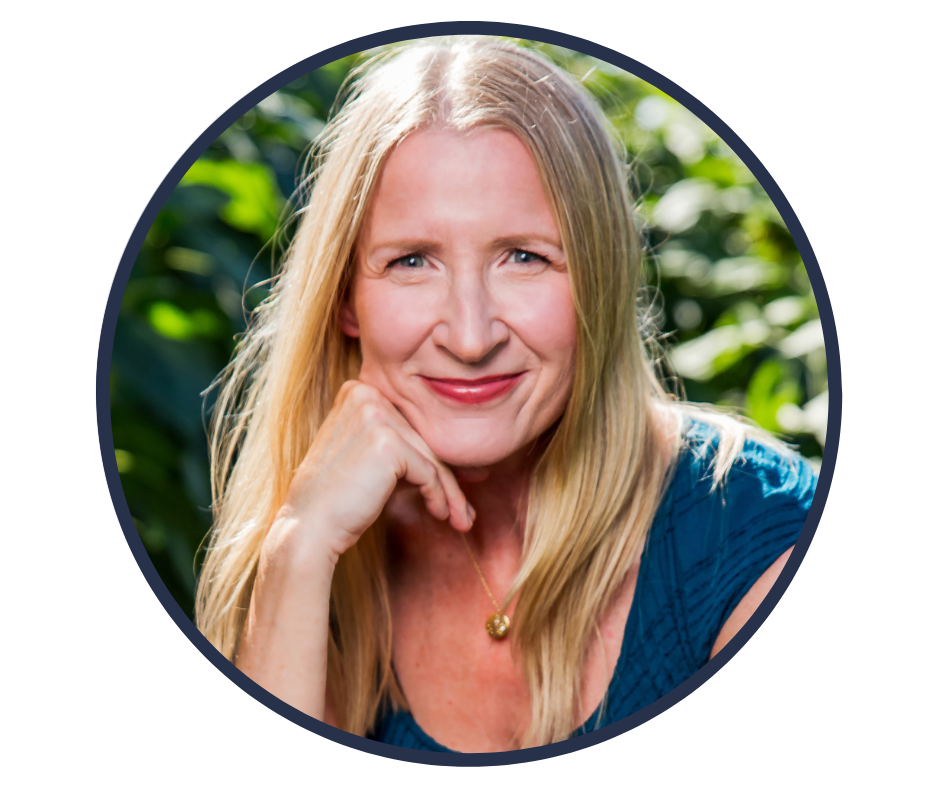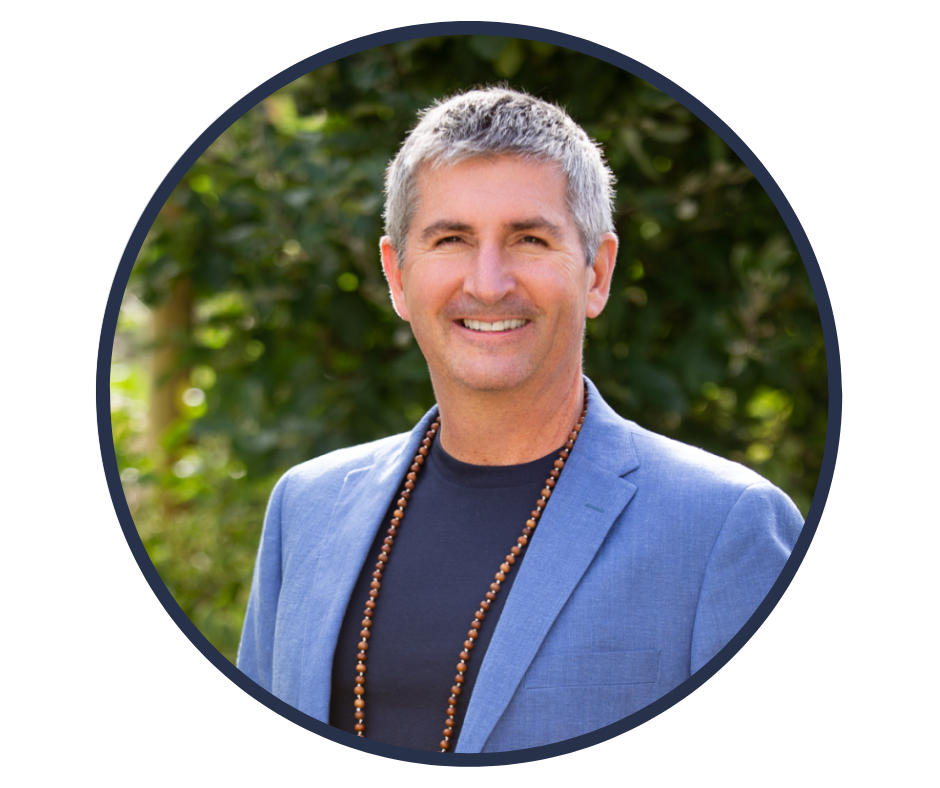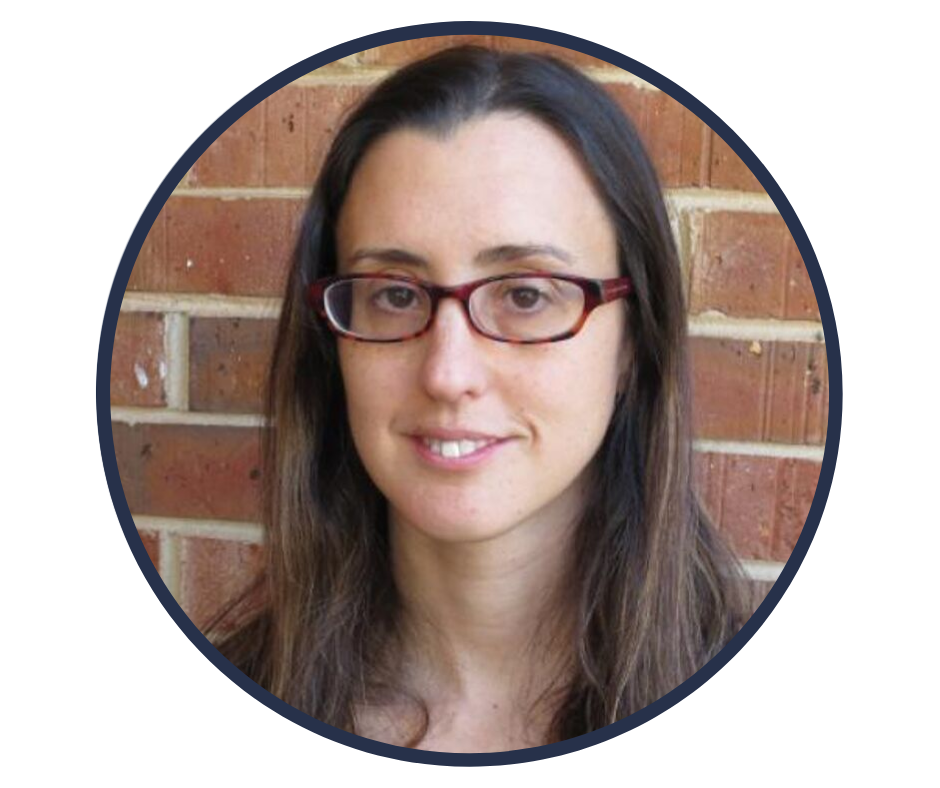The Lived Experience of Pain

The Lived Experience of Pain
This course includes
The instructors
Overview
"When we live with pain for a long time, it changes who we are. It changes how we see the world and how we relate to the world. It changes everything. It is hard." -Joletta Belton
This is how I started my chapter, and how I will ground this session.
I will explore this life- and self-altering aspect of pain, as well as how we can work through these changes and difficulties. It all begins with hearing and holding space for our stories.
Only when we are understood as people can our pain be understood. It continues by empowering people living with pain to live well by guiding them in their search to find their own possibilities, their own meanings, and their own paths.
My path forward was paved with science and stories, mindfulness and movement, self-care, and compassion. What gives me such hope is that there are many paths forward. There are endless possibilities and you can help show us the way.
Join Neil Pearson, Shelly Prosko, Marlysa Sullivan, and Joletta Belton for Yoga and Science in Pain Care Chapter 1: The Lived Experience of Pain.
Learning objectives
In this online course, we will:
- Reflect on pain as a lived experience that affects our identities and lives
- Recognize how a person's story helps to better understand their pain, which leads to better treatment paths
- Practice deep listening, without listening to formulate a response or attempt to fix
Audience
This course and the entire Yoga and Science in Pain Care series is intended for:
- Practitioners including yoga therapists and healthcare practitioners interested in integrating yoga with their persistent pain population to expand their approaches in clinical practice
- Yoga teachers interested in understanding aspects of the science behind yoga and pain
- Medical/healthcare professionals who want to better understand pain or want to integrate yoga and mind/body practices
- Mind/body contemplative practitioners/researchers/clinicians who want to better understand the science around pain and how yoga as a mind/body practice works with people in pain
- Yoga practitioners or integrative health consumers who want an in-depth read with practical knowledge in this field.
- Yoga therapist programs and medical university/college programs that require online course study in pain care
- Schools that have online mind/body programs as stand-alone modules or as part of medical programs and other mind-body institutions.
- People suffering from pain, particularly those keen about learning some practices to help with pain self-care and who want to learn more about the value of integrating pain science and yoga
We also hope that this series will help bring together yoga therapists and health professionals. There is value in blending science and yoga therapy in pain care – for the person in pain, for the health professional, and for the yoga professional.
The instructors


PT, C-IAYT, PCAYT
Shelly has been helping people recover and flourish since 1998 as a physiotherapist, yoga therapist, educator, author and pioneer of PhysioYoga, blending evidence-informed body-mind-breath-spirit-heart centered practices and principles, such as yoga, into physiotherapy with a focus on chronic pain, pelvic health, compassion in healthcare and professional burnout. She is on faculty at several therapy programs, presents at medical conferences globally, contributes to academic research and writing, provides classes, courses and resources for the general population, and offers continuing education courses and mentorship for professionals.
She considers herself a lifelong student and emphasizes the immense value gained from clinical experience and learning from those she serves, the professionals she teaches, and the colleagues with which she collaborates.
Shelly is the co-editor/author of the book Yoga and Science in Pain Care: Treating the Person in Pain and has authored numerous book chapters in a variety of rehabilitation textbooks.
She maintains a clinical practice in Sylvan Lake, Alberta and believes compassion (including self-compassion), meaningful connections, spending time in nature and sharing joy are powerful contributors to rehab and well-being.
Visit www.PhysioYoga.ca to learn more.

PT, MSc(RHBS), BA-BPHE, C-IAYT, ERYT500
Neil is a physical therapist, yoga therapist, author, researcher, Clinical Associate Professor at the University of British Columbia, faculty in three IAYT-accredited yoga therapy programs, board member for the International Association of Yoga Therapists and pain care advocate. He conducts research into the effects of yoga on veterans with chronic pain and people with osteoarthritis. Neil is the recipient of awards honouring his work in pain care, patient education and physiotherapy by Queen’s University, the Canadian Pain Society and both provincial and national physiotherapy associations, including the Canadian 2021 Medal of Distinction.
Neil is a consultant to Partners in Canadian Veterans Rehabilitation Services, and to Lifemark’s 300+ clinics in Canada. Neil is a past board member for Pain BC, Canada’s premier non-profit transforming the way pain is understood and treated. He co-authored – Yoga and Science in Pain Care 2019, authored the patient education ebook, Understand Pain Live Well Again in 2008, and is lead contributor to many free patient resources offer by Pain BC.
For more information and course offerings, see www.paincareaware.com

MPT, C-IAYT
Marlysa is a physiotherapist and yoga therapist with over 15 years of experience working with people suffering with chronic pain conditions. She is an Assistant Professor in Yoga Therapy and Integrative Health Sciences at Maryland University of Integrative Health and holds an adjunct position at Emory University, where she teaches the integration of yoga and mindfulness into physical therapy practice in the DPT program. She is also the author of Understanding Yoga Therapy: Applied Philosophy and Science for Well-being and co-editor of Yoga and Science in Pain Care: Treating the Person in Pain as well as several peer-reviewed articles.
Marlysa has been involved in the professionalization of the field of yoga therapy through the educational standards committee of IAYT, which helped to define the competencies for the field, and in characterizing the yoga therapy workforce through research. Her research interests focus on defining the framework and explanatory model for yoga therapy based on philosophical and neurophysiological perspectives.
Material included in this course
-
Yoga and Science in Pain Care: The Lived Experience of Pain
-
Welcome and Slides
-
Section Introduction
-
The Lived Experience of Pain
-
My Pain Story
-
Acceptance
-
Reflection and Introspection
-
Re-Engaging with the World
-
It ALL Matters
-
Questions and Conclusion
-
Questions Part 1
-
Questions Part 2
-
Conclusion
-
Additional Questions and Answers from Joletta
-
Your input is valuable to us. Please share your feedback about this course